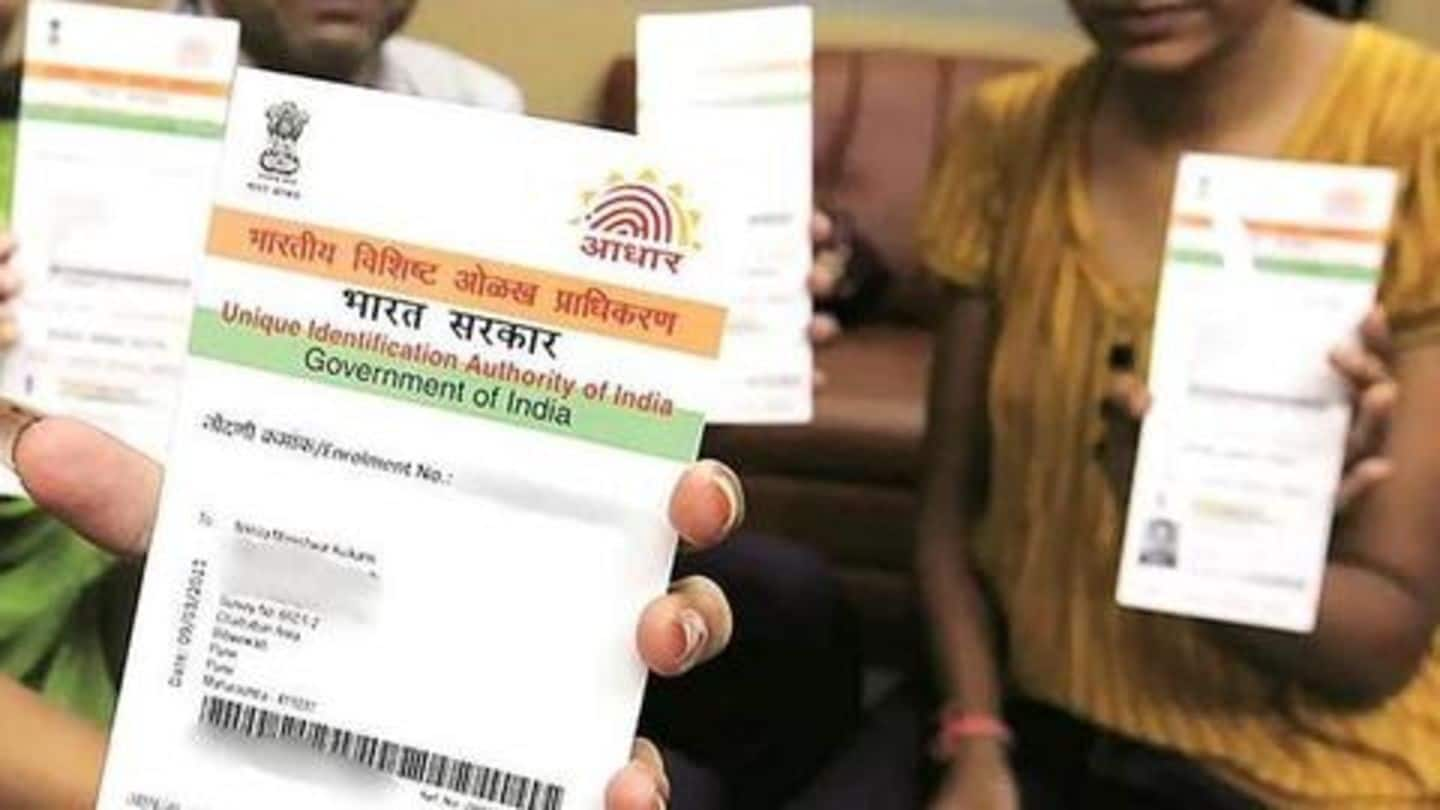
Children can exit Aadhaar on turning 18, Cabinet passes Ordinance
What's the story
The Union Cabinet on Thursday announced changes in the Aadhaar Act which underlined that a child can exit the biometric ID program after turning 18. As per the new changes, the Aadhaar card will now be a voluntary ID proof for opening bank accounts or getting a mobile phone connection. The Cabinet also added Aadhaar data can't be misused by operators.
Ordinance
Running out of time, government takes Ordinance route
Union IT Minister Ravi Shankar Prasad said Cabinet has approved promulgation of an Ordinance to give effect to the Aadhaar and Other Laws (Amendment) Bill. The Cabinet took the Ordinance route as the Bill, which was introduced in Parliament after Supreme Court's verdict, would have lapsed soon. Though the Bill was passed in Lok Sabha on January 4, it was pending in Rajya Sabha.
Privacy
The Ordinance respects privacy concerns of Aadhaar
The Ordinance addresses the privacy debate surrounding Aadhaar. According to new changes, service providers can't store core biometric information and Aadhaar numbers of individuals who have voluntarily used the document for ID purposes. "Aadhaar can be used as KYC on a voluntary basis under the Telegraph Act and PMLA rules. Any entity using Aadhaar will have to adhere to privacy guidelines," Prasad said.
Information
No one can be denied services in absence of Aadhaar
A person unwilling to produce their Aadhaar can't be denied services, the new amendments said. Apart from this, to conceal the actual Aadhaar number, the amendments will "provide for 12-digit Aadhaar number and its alternate numbers to be generated".
Punishment
Misusing Aadhaar will invite heavy fine and imprisonment
The new amendments also clarified that entities who are requesting Aadhaar data must tell the card-holder about other viable means of identification. Entities who violate the new rules will invite a civil penalty up to Rs. 1 crore and an additional fine of Rs. 10 lakh per day if they continue with the non-compliance, the new amendments highlighted. The Ordinance proposes to increase imprisonment for those who misuse the data from the current three years to ten years.